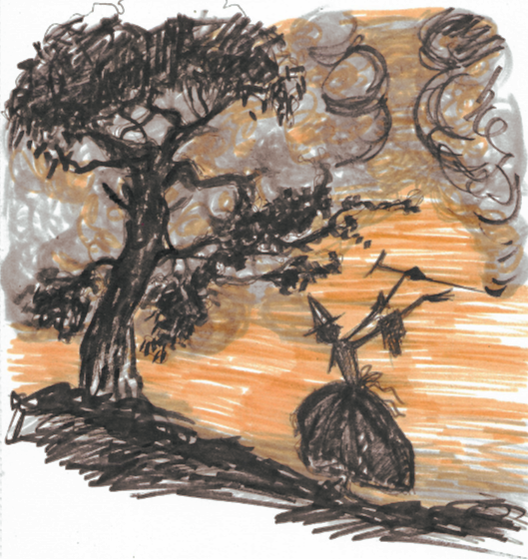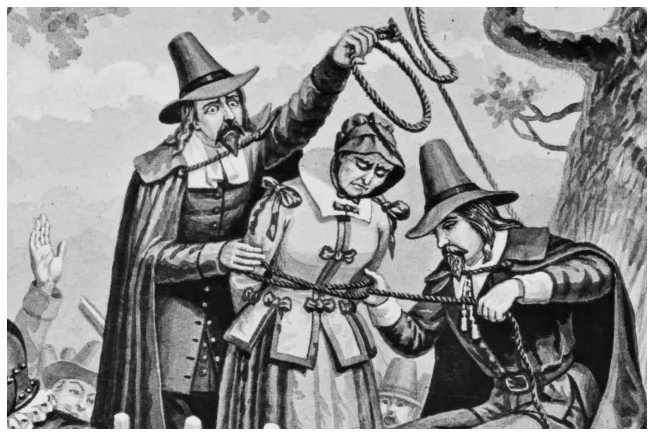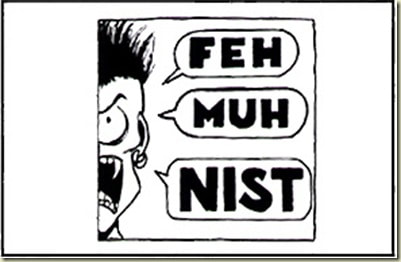|
TW: Descriptions of domestic abuse, anti-LGBTQ slurs, and the sense of female helplessness in the face of male aggression. I’ve listened to the first two episodes of “The Witch Trials of J. K. Rowling.” I would have binged the whole thing but only two episodes are currently available. “The Witch Trials of J. K. Rowling” is a podcast that was created and narrated by Megan Phelps-Roper. Phelps-Roper is a former member of the horrifying Westboro Baptist Church (the infamous “God Hates Fags” institution). Megan Phelps-Roper’s own story about how she was able to break away from Westboro despite being raised in that hate church is fascinating. The first two episodes of Phelps-Roper’s podcast have been made public. The episodes are bracketed by people talking about how much they hate JK Rowling because of Rowling’s statements about trans rights. The episodes themselves, however, are mostly a quick background and retrospective on JK Rowling. The first episode talks about JK Rowling’s life. The second episode is a blast of 90s nostalgia where Phelps-Roper describes the world when Harry Potter first rose to prominence. The Columbine massacre, the Clinton impeachment, the teen goth lifestyle, and loads of other fin du XXe siecle events are featured prominently in the second episode. For those of you saying “C’mon! Cut to the chase! Talk about the trans stuff!” well… you’ll have to wait. The first episode opens with Phelps-Roper talking to a bunch of Harry Potter fans. She asks them what they love about Potter. The answers are sweet. One man talks about his difficult past (“I had not such a great childhood”) and discusses how he felt “akin” to Harry Potter’s own troubled beginnings. When these Harry Potter fans are asked about JK Rowling herself, they are hesitant. Rowling is too controversial. “Um…” *uncomfortable silence* is the usual response. The fans just want to talk about Harry Potter. Which is great, in my opinion. We are then treated to an interview with JK Rowling. Rowling talks about how she had been in an abusive marriage during her twenties. Her then-husband Jorge Arantes frequently beat her. Rowling described how she had been writing the first Harry Potter book at the time and Arantes also threatened to burn her manuscript if she ever left him. Rowling described sneaking pages out of her manuscript — a few at a time so Arantes wouldn’t notice any missing- and photocopying the pages so that she could have an extra copy. This part is very difficult to listen to, especially if you have ever been in an abusive relationship. Arantes has been on record admitting that he abused Rowling and he has no regrets about the violence. The most heartbreaking part of the podcast so far, in my opinion, was Rowling’s description of how frightened she was of her ex husband even AFTER she became rich and famous. Rowling described how Arantes followed her to Edinburgh and broke into the house she bought with money she received from publishing the first Harry Potter book. She and her daughter had to flee. That resonated with me so deeply. Even when you escape abuse, you never really ESCAPE abuse. You’re still peeking around corners. You’re still looking over your shoulder. You’re still setting social media accounts to private and scrutinizing friends, wondering if they’re still in contact with your ex. You never truly escape. Seeing abusive men violate a space that you once considered safe is triggering.
I was a little surprised at how upset I became listening to that first episode of “The Witch Trials of JK Rowling.” It brought me back to a lot frightened places in my mind when I was in an abusive marriage. The second episode of “The Witch Trials of JK Rowling” is somewhat less traumatic. The 90s nostalgia is welcome after all the heaviness of the first episode. We hear from David Hogue, a Christian lawyer who argued that children in Arkansas public schools should not be allowed to read Harry Potter books. Hogue lost his case. When Phelps-Roper interviews Hogue for the podcast, Hogue confesses that he had not read Harry Potter when he had argued that the books were dangerous for children. He had only read excerpts. Hogue read Harry Potter a few years later. He tells Phelps-Roper that he has completely changed his mind and is glad he lost the case. “Some cases need to be lost.” Will trans activists feel the same way about Rowling in a few years? That she was right about preserving female-only spaces, tightening up gender ID laws, and not erasing women from core parts of women’s healthcare like pregnancy? I hope so. Already I am seeing movement among cis women friends who considered themselves staunch trans allies only a few years ago. The disregard for female fear of male aggression that too many AMAB trans activists demonstrate is alienating women. When women object, their rhetoric is considered “unsafe” and “harmful” and in need of censorship by even mainstream outlets like CNN. Burn the witch! David Hogue has shown that minds can be changed over time. Witches, however, cannot be unburned.
0 Comments
Leave a Reply. |
|





 RSS Feed
RSS Feed
